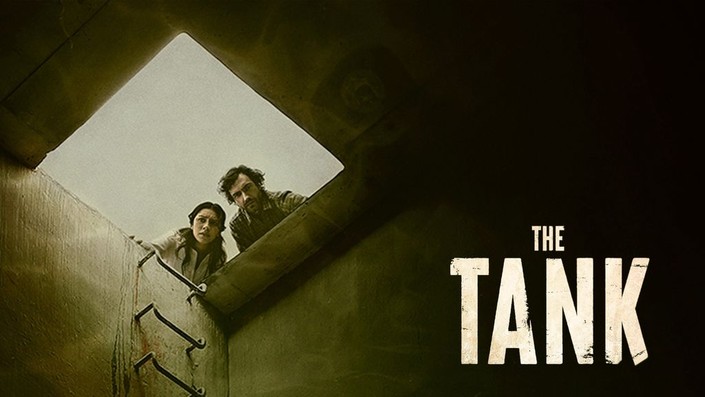Rambo (1982): A Gritty Portrait of War, Survival, and the American Veteran
Released in 1982, Rambo: First Blood marked the beginning of one of the most iconic action franchises in cinematic history. Directed by Ted Kotcheff and based on the 1972 novel First Blood by David Morrell, the film introduced audiences to John Rambo, a troubled Vietnam War veteran portrayed by Sylvester Stallone. Far from being just another action movie, Rambo is a gripping character study that explores the psychological scars of war, the alienation of returning soldiers, and the dark side of authority.
The story begins with Rambo wandering through a small town in Washington State in search of an old war buddy, only to discover that his friend has died of cancer caused by exposure to Agent Orange. Disheartened and alone, Rambo is harassed by the local sheriff, Will Teasle (Brian Dennehy), who sees him as a drifter and a threat to the town’s peace. After being arrested for vagrancy and mistreated by the local deputies, Rambo's suppressed trauma resurfaces. He escapes into the nearby wilderness, triggering a violent manhunt that escalates into a full-blown military operation.

The film’s strength lies in its emotional depth and ambiguity. Rambo is not a typical hero; he is a man shaped—and damaged—by war. The audience is compelled to empathize with his pain and rage, even as he becomes a deadly force in the woods. His survival skills, honed through combat, allow him to outwit and overpower his pursuers, but at the core of the violence is a deep, unresolved suffering. Stallone’s performance captures the character’s internal conflict perfectly: he is both predator and victim, a soldier without a war, and a man seeking dignity in a society that has forgotten him.
Unlike later films in the franchise, which leaned heavily into high-octane warfare and international conflicts, the original Rambo is a tense, grounded thriller. It raises important questions about how veterans are treated when they return home and how authority can be abused when fear and misunderstanding override compassion. The climactic scene, where Rambo breaks down in front of his former commanding officer, Colonel Trautman (Richard Crenna), is one of the film’s most powerful moments—a raw confession of loss, confusion, and heartbreak.
From a cinematic standpoint, First Blood is masterfully crafted. Andrew Laszlo’s cinematography captures the bleak and beautiful Pacific Northwest landscapes, which become a character in their own right during Rambo’s retreat into the forest. Jerry Goldsmith’s haunting score blends tension with melancholy, reinforcing the film’s themes of isolation and disillusionment.
Over the years, the character of Rambo became a symbol of American strength and survival, often misunderstood as a simple action hero. But the original film offers a far more complex and human story. Rambo: First Blood is a powerful exploration of trauma and identity, a film that balances action with meaning, and one that continues to resonate in an era still grappling with the psychological aftermath of war.
With its emotional weight, social commentary, and unforgettable performance by Stallone, Rambo stands not only as a classic of the action genre but also as a poignant reminder of the personal battles that often rage long after the war ends.

-1751859221-q80.webp)

